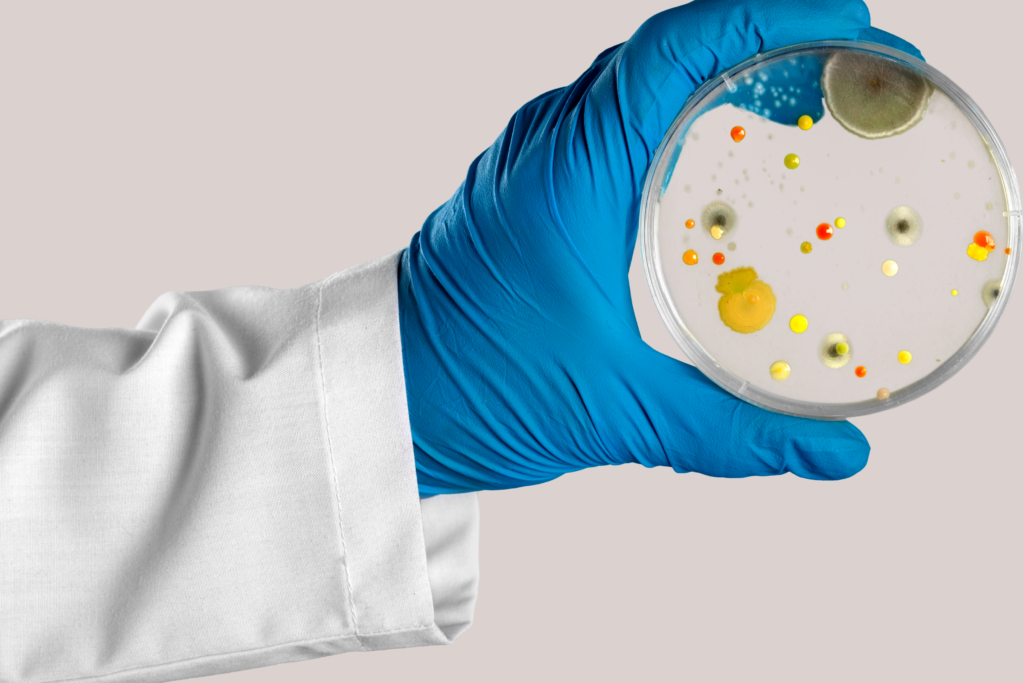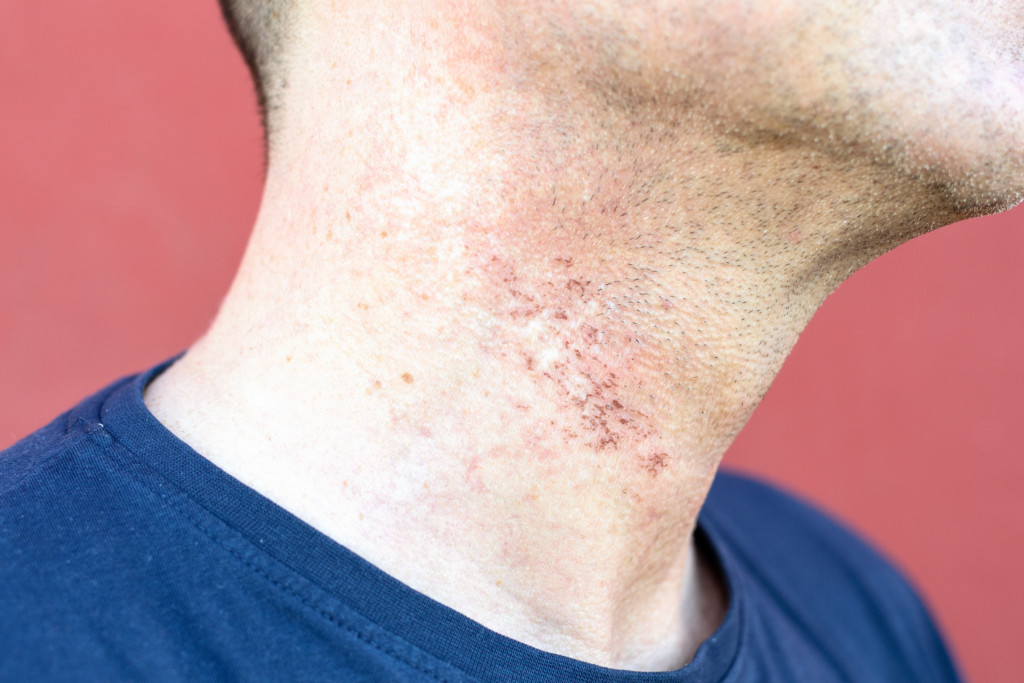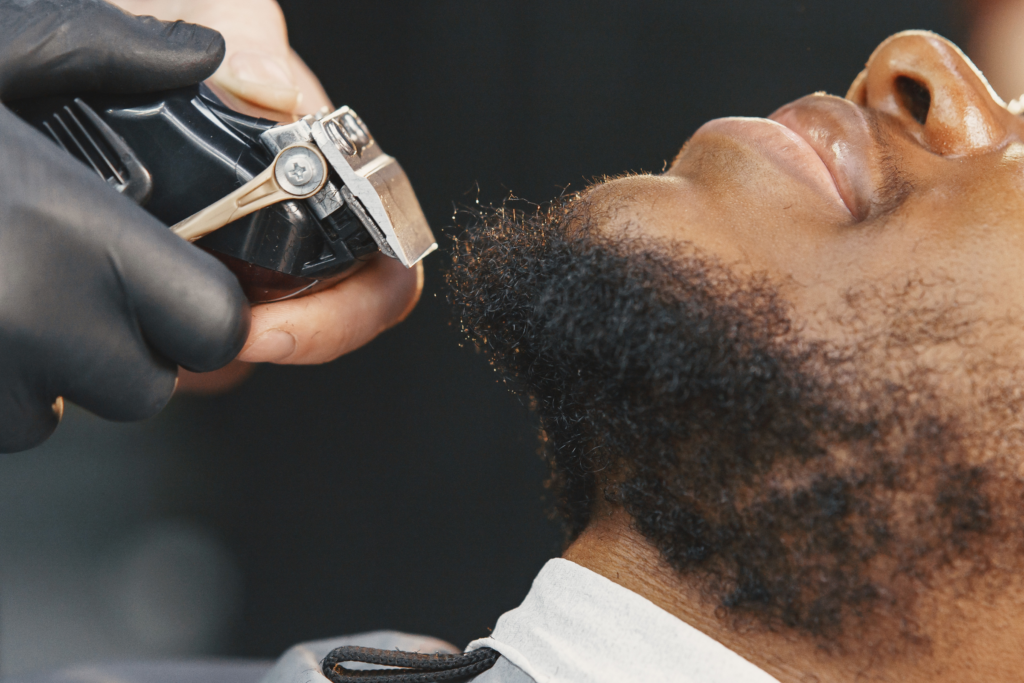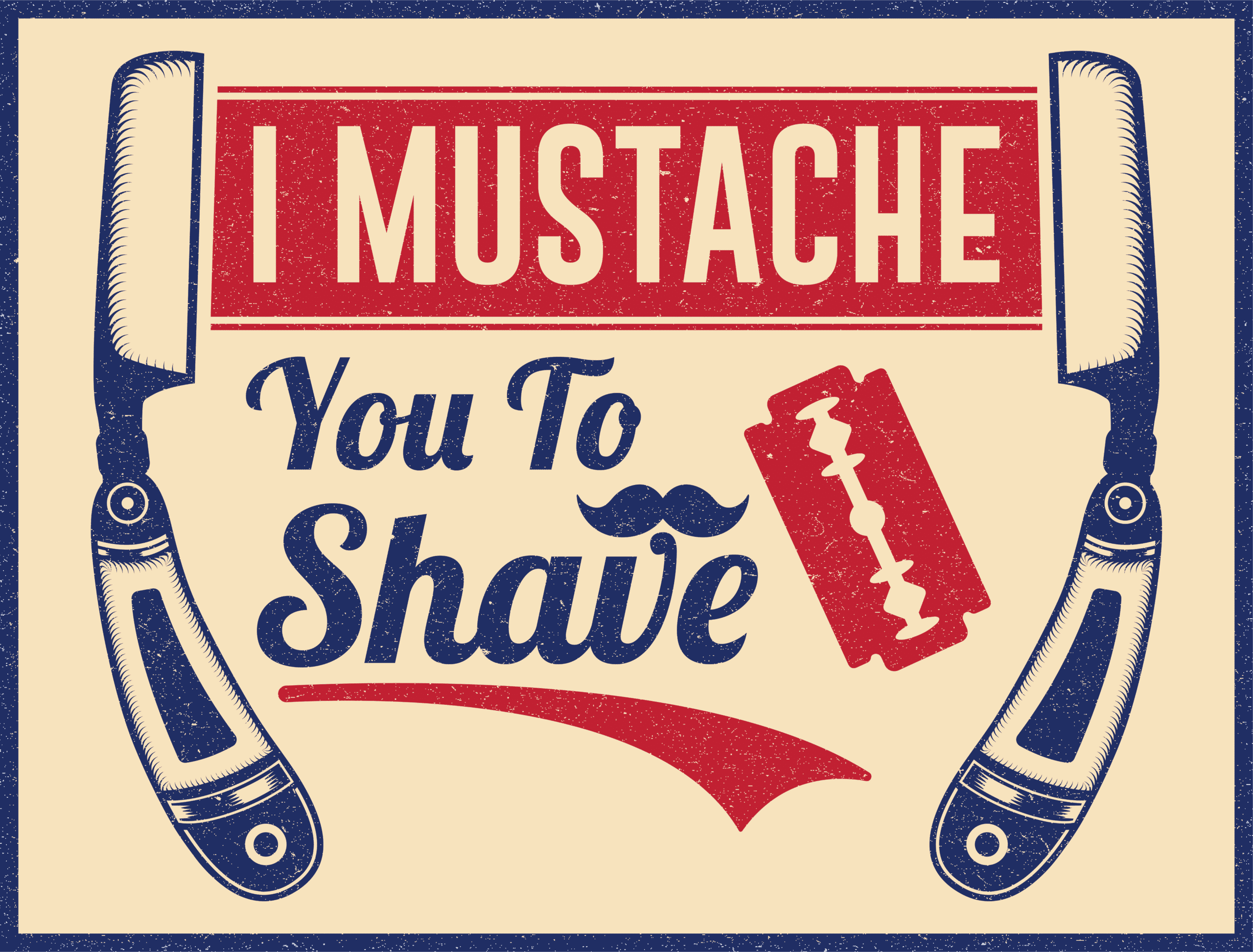How Much Bacteria is in a Man’s Beard? (A Gross Microbial Universe)
Beards have been a popular fashion statement for men in recent years, and their cleanliness has been a topic of much debate. While many argue that beards are unsanitary and full of germs, others claim that they are not significantly dirtier than other body parts. Understanding the amount and type of bacteria present in a man’s beard is essential for maintaining good hygiene and health.
The amount of bacteria in a man’s beard varies depending on personal hygiene, grooming habits, and environmental exposure. However, it is important to note that every individual’s beard will contain some level of bacteria due to the nature of the hair and skin.
Research on bacteria in beards is limited, making it difficult to provide a concrete answer to the question of how much bacteria is present in a man’s beard. However, one study found that beards can harbor bacteria commonly found on the skin, such as staphylococcus and enterococcus (Insider).
While these bacteria are not necessarily harmful, good hygiene practices should still be followed to ensure a clean and healthy beard.
Beard Bacteria: What’s Living in Your Facial Hair
Beards can carry various types of bacteria, as they create a warm and moist environment conducive to germs’ growth. It is essential to be aware of what might be residing in your facial hair and take appropriate hygiene measures.
Germs like bacteria and fungi can be found in beards, sometimes even including E. Coli, as mentioned in a Penn Medicine article. It is important to note that these microorganisms are not exclusive to beards; they can also be found on clean-shaven skin.
A 2019 study went viral for showing that men’s beards contain more germs than dog fur, sparking debate about the cleanliness of facial hair. However, it is crucial to highlight that the presence of bacteria does not necessarily imply an increased risk of illness.
On a positive note, research has found that beards can also harbor beneficial bacteria. A Medical News Today article reports that beard samples have been found to contain a bacterium that can attack and kill drug-resistant E. coli, suggesting some potential benefits of facial hair in the fight against antibiotic resistance.
Practicing beard hygiene is essential to minimize the risk of infections or irritation caused by bacteria. Regularly washing and grooming your facial hair can help maintain a cleaner and healthier environment.

Factors Affecting Bacterial Growth in Beards
Of course, you’ll need to keep many things in mind when it comes to keeping your beard clean, neat, and bacteria-free!
Hygiene and Grooming Practices
One main factor affecting beards’ bacterial growth is the individual’s hygiene and grooming practices. Regularly washing and maintaining a beard can significantly reduce the number of bacteria present.
Additionally, using specialized beard products, such as beard shampoos and conditioners, can help maintain a clean and healthy beard environment.
Length and Thickness of Beard
The length and thickness of a beard can influence the number of bacteria it harbors. A thicker and longer beard has more surface area for germs and bacteria to cling onto, which can lead to increased bacterial growth.
Regular trimming and maintaining a manageable beard length can help minimize the accumulation of bacteria.

Environment and Lifestyle
The environment and lifestyle of a bearded individual also play a role in the bacterial growth found in beards. People who work or spend significant amounts of time in environments with high levels of bacteria, such as hospitals or public transportation, may have a higher risk of bacterial growth in their beards. Additionally, activities that involve close contact with people or animals, such as sports, can introduce new bacteria to the beard.
In conclusion, while beards can contain bacteria similar to other areas of the body, hygiene, and grooming practices, beard length and thickness, and the individual’s environment and lifestyle can all impact the bacterial growth in a beard.
Impact on Health
But, would bacteria in your beard actually cause any problems?
Infections and Skin Irritations
Beards can harbor various types of bacteria, including infectious bacteria like staphylococcus and enterococcus. These bacteria can potentially cause health issues if they enter the bloodstream through a cut or other opening on the skin.
Additionally, the presence of bacteria and debris in a beard can lead to skin irritation and conditions like folliculitis, ingrown hairs, and acne.

More Bacteria Transfer to Others
A man’s beard can also transfer bacteria to other people or objects through physical contact. For example, kissing, hugging or sharing personal items like towels can potentially transfer bacteria from a beard to another person or surface.
However, it is essential to note that while beards do harbor bacteria, they are not significantly different from the amount of germs found on other parts of the body or in a dog’s fur. Practicing good hygiene can help minimize the risks associated with having a beard.
Strategies for Maintaining a Clean and Healthy Beard
In this section, we will discuss various strategies to keep your beard clean and free from excessive bacteria. Maintaining proper beard hygiene is essential to avoid potential health issues and create a pleasant appearance.
Proper Washing Techniques
Washing your beard 2 or 3 times per week with shampoo can help maintain cleanliness and reduce the buildup of bacteria. This frequency is recommended, and It is also essential to practice good hand hygiene, as germs can easily spread from your hands to your beard and other parts of your body.
Beard Care Products
Using quality beard care products is another essential aspect of maintaining a clean and healthy beard. These include beard shampoos, conditioners, and oils, which can help keep your beard moisturized, reduce itchiness, and promote healthy growth. Select products specifically formulated for beard care to ensure they do not strip essential oils while cleaning and nourishing the beard.
Regular Trimming and Grooming
Keeping your beard well-groomed is key to maintaining its cleanliness. Regular trimming can help eliminate split ends and prevent tangles, which can harbor bacteria. Additionally, incorporating daily beard brushing using a proper beard brush can help distribute natural oils and remove dead skin cells, further contributing to a clean and well-maintained beard.

Conclusion
In summary, beards can contain bacteria, but it is essential to contextualize this information. A study published in 2016 ignited the debate about the cleanliness of beards by comparing them to toilets. However, research on the microbiology of beards is limited.
A 2019 small study revealed that all 18 tested men had high microbial counts on their skins and in their saliva, while only 23 out of 30 dogs did. The bacteria found in beards include staphylococcus and enterococcus. While these findings may suggest that beards can be hosts for germs, it is essential to remember that many types of bacteria naturally exist on human skin and other surfaces.
Maintaining proper hygiene and grooming practices can help reduce the presence of harmful bacteria. Washing beards regularly with a gentle beard shampoo and using beard oils can help in maintaining cleanliness. Additionally, trimming the beard and keeping it well-groomed can also contribute to a healthier beard environment.
It is important not to over-exaggerate the findings of these studies or make false claims. Bacteria are a natural part of life, and it is essential to remember that not all bacteria are harmful. In the end, proper beard care and hygiene practices can ensure that beards remain a healthy, fashionable choice for men.
Does a man’s beard have more germs?
Some studies have suggested that beards can harbor bacteria and other microorganisms, particularly if they are not regularly cleaned or maintained. It is important to practice good hygiene habits, including washing your hands regularly and cleaning your beard properly, to help prevent the spread of germs.
Do men’s beards have more bacteria than dogs?
There have been some studies that suggest that men’s beards may contain more bacteria than dogs. However, it is important to note that the type and amount of bacteria can vary depending on a number of factors, including personal hygiene habits and the environment.
Is there more bacteria in a beard than a toilet?
There have been conflicting reports on whether or not there is more bacteria in a beard than a toilet. While some studies have suggested that beards can harbor bacteria, including some harmful types, others have found that beards do not contain more bacteria than a toilet.
Do men with beards get sick more often?
Some studies have suggested that beards can harbor bacteria and other microorganisms, particularly if they are not regularly cleaned or maintained. This can potentially increase the risk of getting sick, although it is not necessarily a guarantee.







